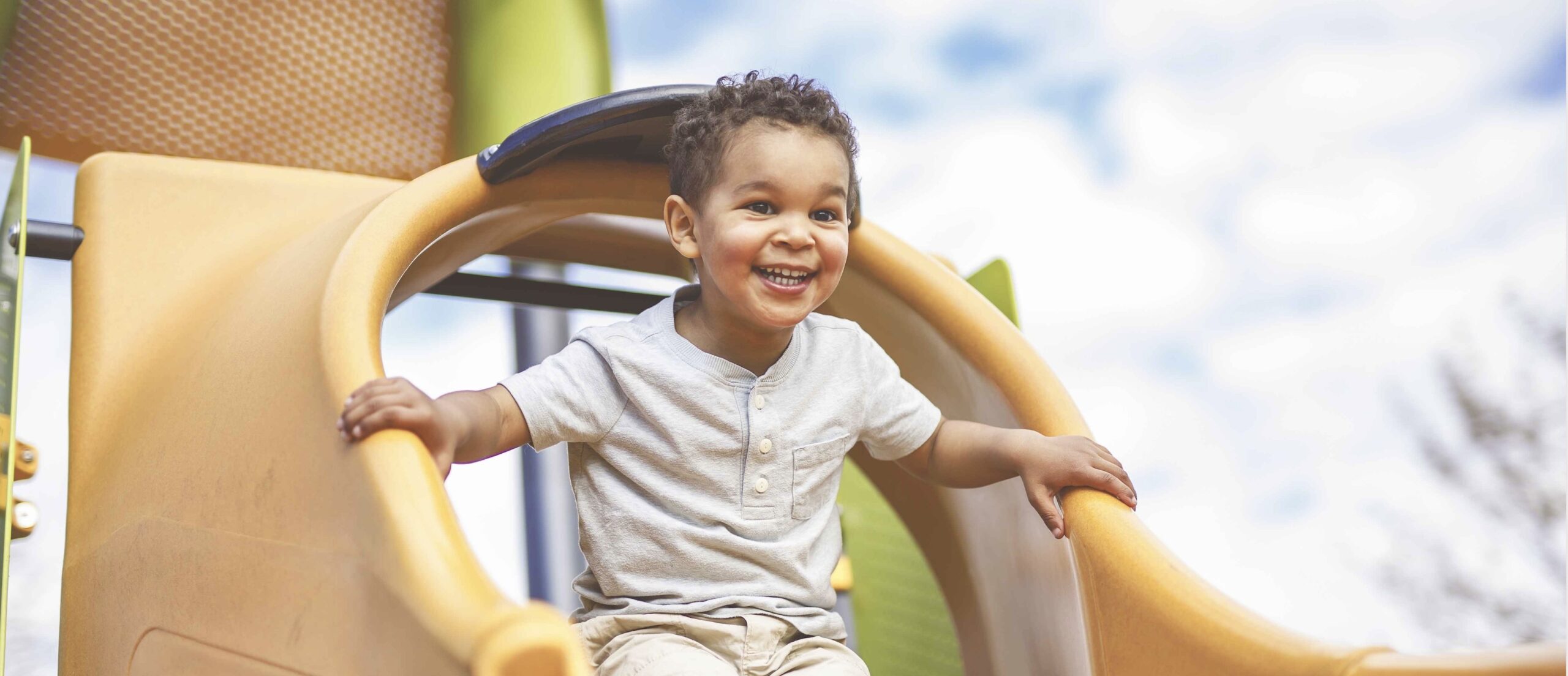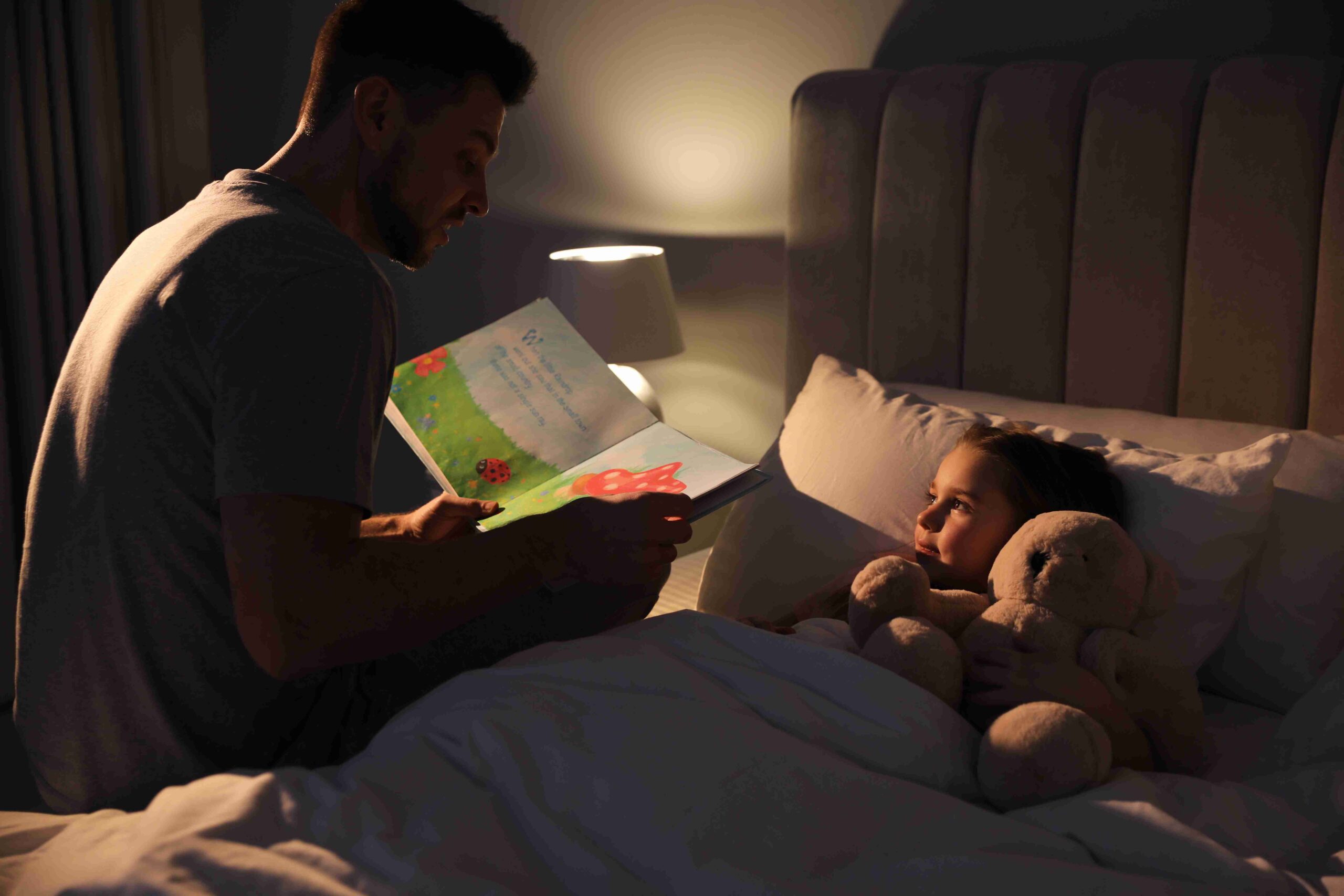With the holiday season around the corner, many people start to reflect on their accomplishments and the good fortune they have experienced throughout the year. Parents have a lot to be grateful for, but how can you involve your children and teach them to give thanks in return?

Feelings of gratitude can be expressed through giving, good manners, kindness, and thankfulness, and you can initiate this by:
Modelling The Behaviour
The first step to teaching your children about being grateful is by having good role models in their lives. A thankful parent, uncle, aunt, guardian, or even older child can easily influence your little one to be thankful. Children take behavioural cues from the people around them, so it is important that parents be mindful of how they express their gratitude.
You can start by modelling basic manners, kindness, and respect toward family members. Talk about things you’re grateful for, like a tasty meal, a partner taking care of the home, and other small things that children can pick up on.
Acknowledging Kind Gestures
Studies have shown that children tend to repeat bad behaviour, even when it gets them in trouble, if they know that they’ll be rewarded with attention. So, recognise and praise your child for positive things instead, like sharing a snack, helping a sibling or friend, or treating his/her toys with care.
You can encourage your child to give thanks by:
- Sharing/Donating
Although appreciation should not be based on comparison, taking part in community activities or simply donating can help teach your children about giving, kindness, and being selfless. There are many things you can do with your children, like donating clothes and toys they’ve outgrown or spending time with orphaned children.
- Volunteering
Teach your children that holidays are more about spreading the joy and less about getting what they want. Encourage your children to volunteer in neighbourhood or community activities during the holidays, like baking or preparing special meals for the elderly. These activities teach children that giving time and attention to others can be truly rewarding.
- Appreciating
Encourage your children to talk about things they’re thankful for. You can make it a fun activity, where you create a gratitude time capsule (in a mason jar) and ask your children to write down the things they are thankful for. Help them brainstorm. Then, fold the pieces of paper and put them in the jar. Close up the jar and hide it until the next year to mark the changes, and repeat the process.
Reasons To Be Thankful
Studies show that appreciative children have better health, better grades, and are less likely to be depressed. They also have more empathy and resilience, use their strengths to improve their communities, and feel more satisfied with their lives, which makes them less envious, materialistic, and dejected.
Basically, teaching your child to be thankful will make him/her happier in life.


